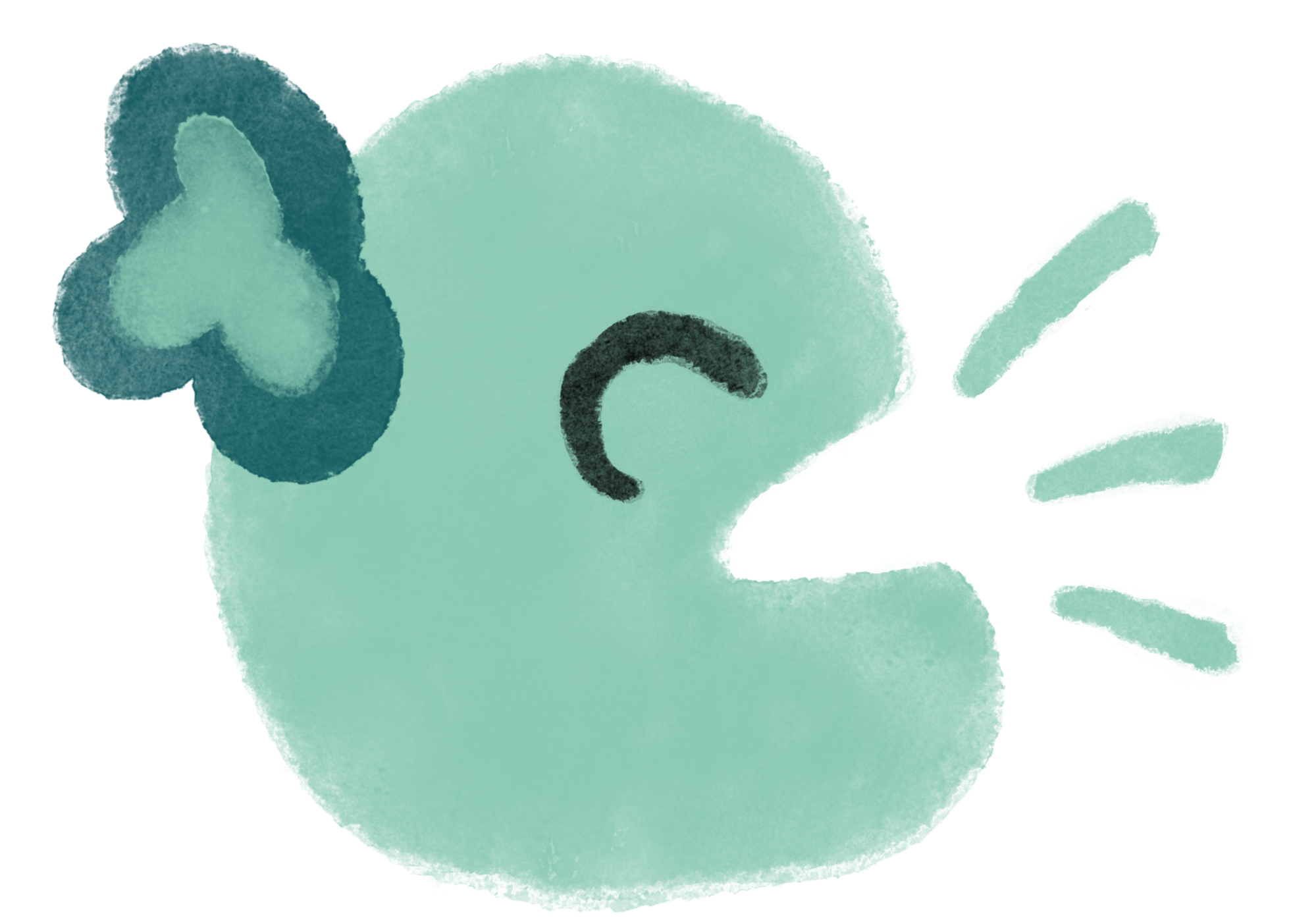Living in Scotland and being surrounded by the beautiful sounds of Scottish accents has tuned my ears to the many varieties spoken here. It also made me rather critical of foreign actors’ accents who are playing Scottish characters.
The most recent attempt is Chris Pine as Robert the Bruce in Netflix’s upcoming movie Outlaw King. First off: As a resident of Scotland, I am very excited for this movie and can’t wait to watch it when it comes out. As a dialect coach, I watched the trailer with a more critical ear. You can see that Pine worked on his accent (with Dialect Coach Eleanor Boyce) and his speech certainly has a Scottish flair. Bear in mind that due to trailer’s shortness there wasn’t much data for me to analyze Pine’s accent completely- so how good his Scottish accent really is remains to be judged after watching the full film. This being said, I did notice a few features that could’ve been improved to make Pine sound more….Robert the Bruce.
- Scottish vowels tend to be quite short and crisp – unless they are at the end of a word, or followed by an R or a voiced fricative, such as the [v] in flavour or the [ð] in bother*. Most of Pine’s vowels in the trailer are a tad too lax and too long. American accents are known for their long, lax vowels; and Pine doesn’t quite drop them in certain words. He nails the short vowel in the word family but the vowels in land, or must are just a wee bit too long still.
- Intonation is another important aspect of Scottish accents and differs heavily from Pine’s native American accent. American intonation tends to drop towards the end of a sentence while Scottish accents are more bouncy in general and usually don’t end on a falling note. Pine’s intonation in Outlaw King sounds more American than Scottish but it’s hard to judge intonation based only on a handful of sentences.
- These two aspects are very subtle differences and might not be susceptible to the average person’s ears. This last feature, however, immediately outs Pine as a non-native Scottish English speaker. It concerns the vowels that belong to the GOOSE and FOOT lexical sets, i.e. all the words that have the same vowel as the words goose and foot. In Scottish accents those two vowels are identical and – more importantly – they’re usually fronted. This means that those two vowels are pronounced further in the front of the mouth and therefore sound more like the vowel in the French word tu.
As a comparison here are these two vowels in standard RP, pronounced in the back:
and this is what the same vowels sound like when they are fronted:
These vowels crop up EVERYWHERE and they’re usually tiny words that don’t seem super important, like you, or do, which makes consistency a challenge. These are exactly the words that Pine trips over: his GOOSE/FOOT vowels in the trailer are almost all pronounced in the back instead of being fronted, as for example when he says “Do whatever you must” or “I do not care”. The Devil is in the details.
These are the problem areas I noticed while watching the trailer. But Pine also adopted some Scottish features perfectly and I would like to mention one in particular. The way Pine pronounces his Rs in the trailer is spot on. Rs can vary immensely from one accent to another and Scottish accents are known for tapped and sometimes even trilled Rs (resembling Spanish or Italian Rs). American Rs, on the other hand, are much more relaxed and as a result sound rounder, or softer. Pine successfully drops his American Rs and pronounces them as a true Scottish outlaw king would.
In summary, I could see a few issues with Pine’s accent in the trailer but other features were spot on. I’m looking forward to updating my analysis of Pine’s Scottish accent once I’ve seen the film!
I’ll keep you posted 😀
*This phenomenon is called the Scottish Vowel Length Rule for those who’d like to know more 😉


